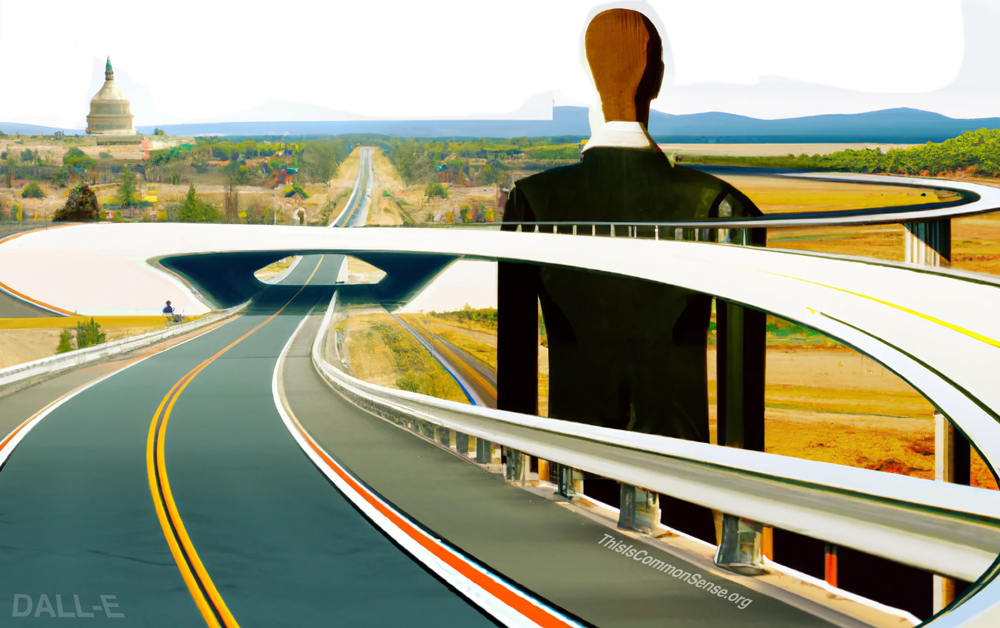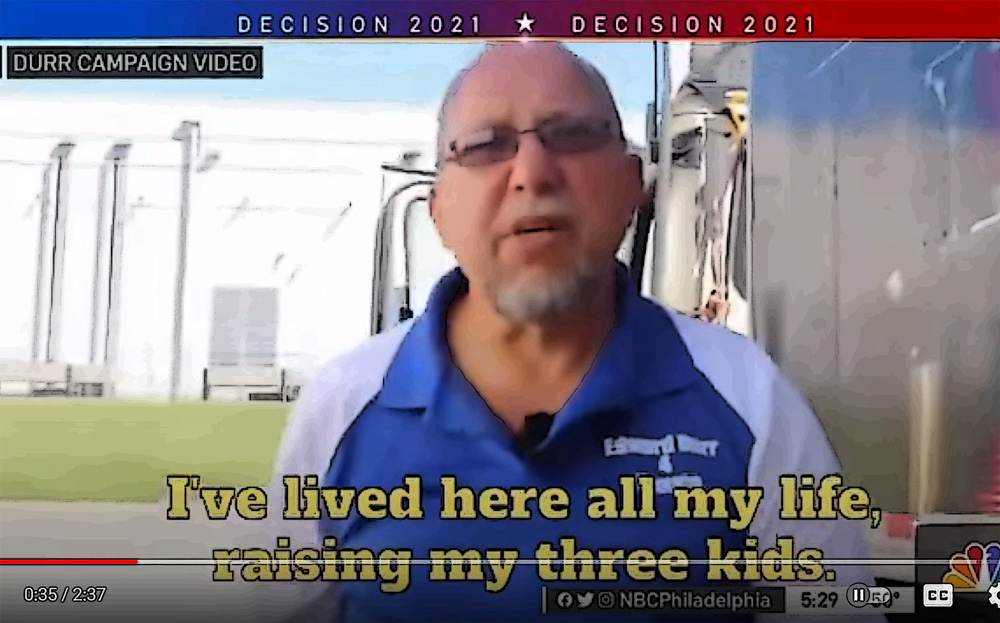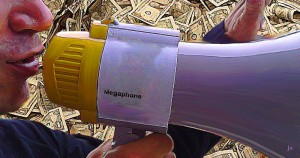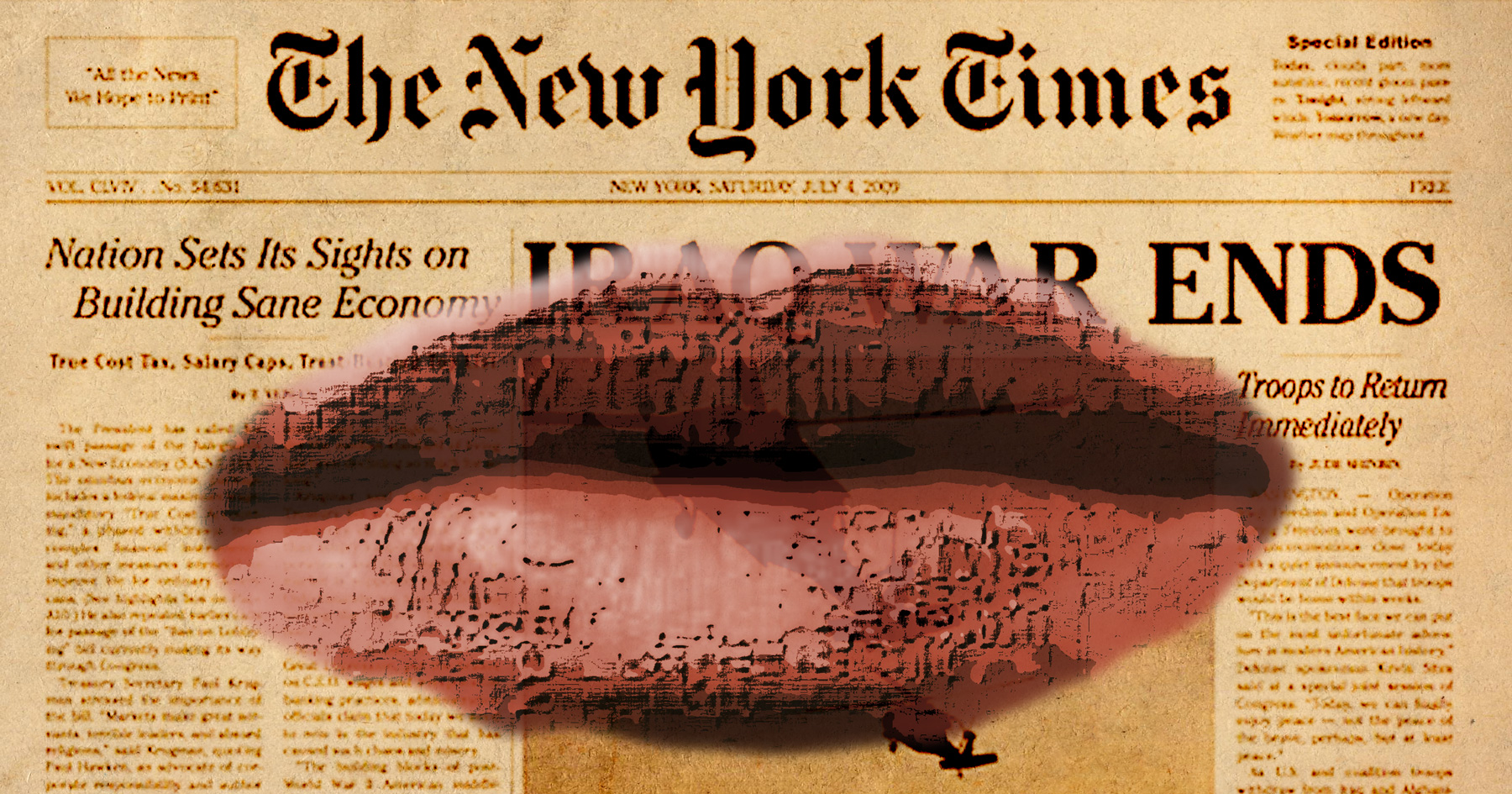The twisty highways and byways of campaign finance regulation bring us to another strange pass.
The Texas Ethics Commission is considering whether to effectively ban pro bono legal work for candidates. The method? Mandate that such work be regarded as an in-kind contribution subject to campaign finance regulations.
David Keating, president of the Institute for Free Speech, observes that most candidates “can’t afford to hire counsel and spend probably hundreds of thousands of dollars challenging the constitutionality of a law where the opinion may not come out until after the election. . . . Basically, the opinion would slam the courthouse door shut to candidates and most political committees.”
Campaign finance regulation has always meant curtailing speech and the activities that enable it and flow from it. This latest regulatory prospect is more of the same. As long as campaign finance regulation exists, there will always be obnoxious new ways to use it to hamper speech and action.
The commissioners, apparently seeing some merit in the pro-pro bono argument and therefore judging the issue at least worth mulling, have deferred their decision. It would have been far better to simply accept Keating’s objections and put an end to the proposed new crackdown then and there.
Meanwhile, Texans — especially potential candidates — must sit on the edge of their seats until the commission decides whether to make it prohibitively expensive to fend off unconstitutional assaults on candidates and campaigns.
Not unlike the unconstitutional assault exemplified by campaign finance regulation itself.
This is Common Sense. I’m Paul Jacob.
Illustration created with DALL-E
—
See all recent commentary
(simplified and organized)









